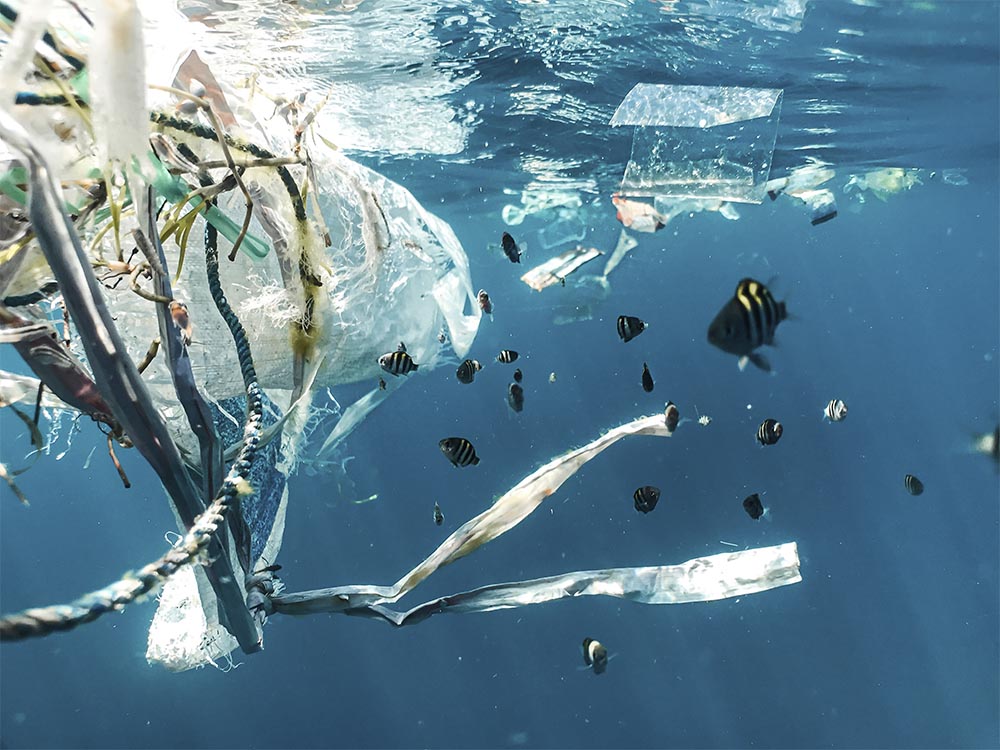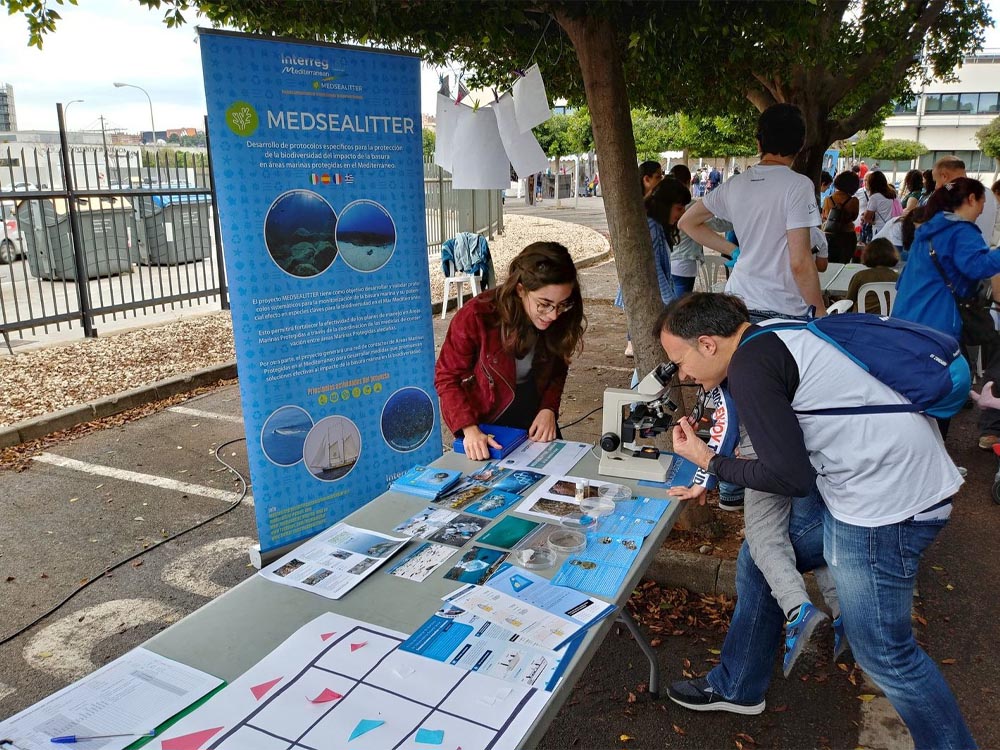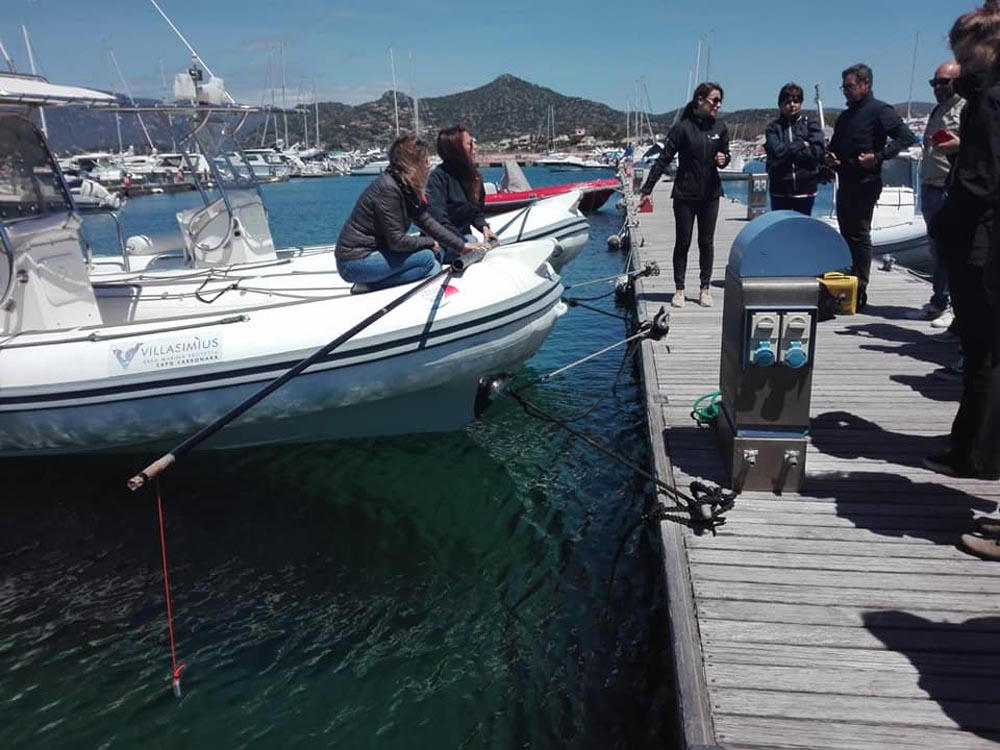MEDSEALITTER
Developing Mediterranean-specific protocols to protect biodiversity from litter impact at basin and local MPAs scaleProject presentation
Partnership
Lead partner
Cinque Terre National Park and Marine Protected Area (Italy)
9 Partners
1 Associated partner
4 Countries
Key messages
For managers
- Better cooperation and networking among Mediterranean Protected Areas ensures more integrated and shared monitoring measures, and provides for more effective solutions to the impact of marine litter on biodiversity;
-
The common methodology shared and promoted by the MedSeaLitter project was adopted by MSFD in Italy and France to support the creation of a common guidance on monitoring marine litter at European level.
For policy
-
International policies, such as The Barcelona Convention (and others), underline the need to control marine pollution in order to dramatically reduce the risk to Mediterranean biodiversity;
-
There is an ongoing need for transnational solutions, at Mediterranean level, for monitoring marine litter threats;
-
Monitoring protocols have been adopted and implemented by at least 20 Mediterranean MPAs and 10 research institutes, and have been acknowledged by policy institutions acting in synergy with researchers and with local/regional/national/EU policy makers, as within the requirements of the MSFD.
For science
-
According to the Marine Strategy Framework Directive, marine litter is one of the most serious pollution sources for the sea, affecting a number of marine species;
-
Monitoring is fundamental to address the issue of marine pollution: standardized monitoring protocols that provide valuable data sets, and that are essential to meeting current legal requirements, have been developed, tested and implemented;
- A common monitoring protocol for marine litter was created through the cooperation and sharing of scientific information acquired by different partners, and through a result-oriented approach.





